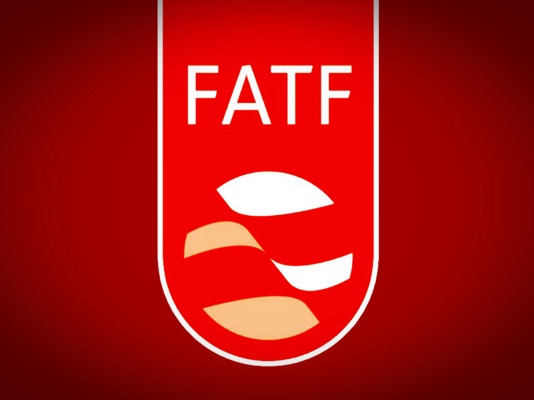Laya Joneydi, the vice president for legal affairs, made the statement on Wednesday, while speaking to reporters after a Cabinet meeting.
Out of four parliamentary bills required for Iran’s accession to the Financial Action Task Force (FATF), only two of them have so far gone into effect and the fate of the other two are still in limbo.
A bill amending Iran’s Combating the Financing of Terrorism (CFT) law and a bill on Iran’s accession to the United Nations Convention against Transnational Organized Crime are still problematic in the eyes of the Guardian Council, the legislative watchdog.
The FATF announced late last year it extends the deadline for Iran to complete reforms to meet conditions for getting out of the body’s black list until the February meeting.
The upcoming Financial Action Task Force meeting is to be held in Paris on February 17-22.
No Iranian representative will attend the upcoming FATF meeting.
Foreign Ministry Explains Why Iran Not Invited to FATF Meeting
Deadline Likely to Be Extended
Joneydi said it is likely that the global anti-money laundering body extends Iran’s deadline to meet the body’s conditions, but the Expediency Council ought not to take the risk.
Ayatollah Mohsen Shabestari, a member of Iran’s Expediency Council, announced on Wednesday the bill on Iran’s accession to Palermo Convention is to be discussed in the council Saturday, expressing hope it will be approved.
In the last meeting of the council, several commissions had expressed a negative view on the approval of the bills.
Iran’s accession to the G7-created FATF has faced problems over concerns among some officials that the move could endanger Iran’s national security and economic interests.
This is while proponents of the FATF accession say the measure would smooth the path for Iran’s increased financial transactions with the world and allow Iranian financial sector to function more easily in the international economy.
